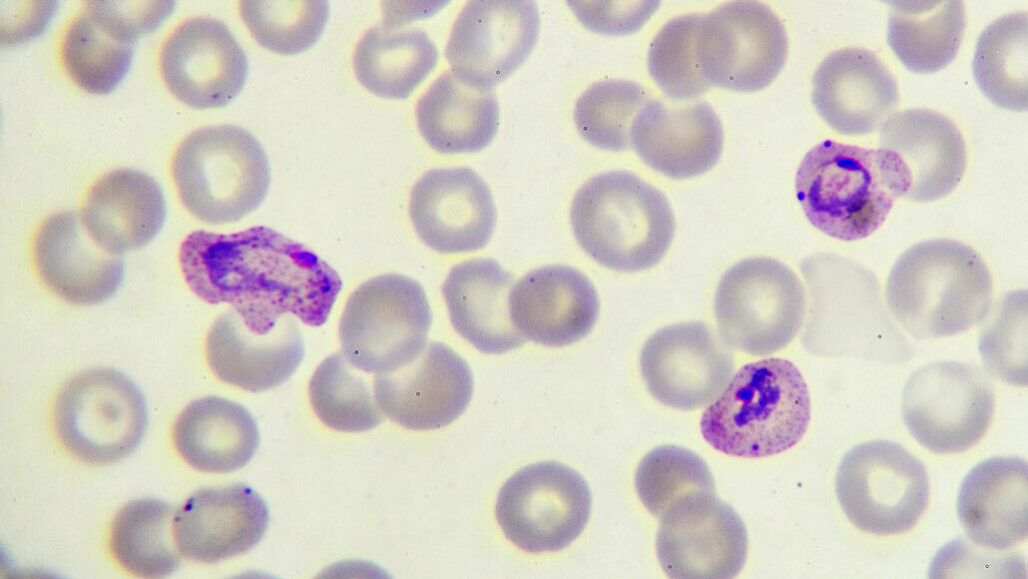
According to ScienceNews, an article by Erin Garcia de Jesus, malaria parasites hide in the human body by keeping the cells they infect from clinging to blood vessels. By doing this, "infected cells get removed from circulation and parasite levels in the body remain low, making people less sick and allowing the parasite to persist undetected." This is why symptoms tend to wane during the dry season. This has been successful for the malaria parasite as it produces proteins and make them stick to the blood vessels so they won't be carried to the spleen. Researchers took samples to see if the gene was turned on or off from asymptomatic people in the dry season as well as symptomatic people in the wet season. "they saw that 1,607 genes had distinct seasonal patterns. In the dry season, 1,131 genes were turned on that were off in wet-season parasites. Another 476 were turned off in dry-season parasites, suggesting that when the wet season ends, P. falciparum may alter its genetics to make red blood cells less sticky." The one thing researchers are uncertain about is what genes are involved in the shift. I think this article was very interesting. First of all, this article is very recent and I think it's interesting to see how malaria parasites are able to hide in the human body and that researchers have just discovered this. As well as the fact that they are able to alter their genes which I had no idea they were capable of doing!
No comments:
Post a Comment